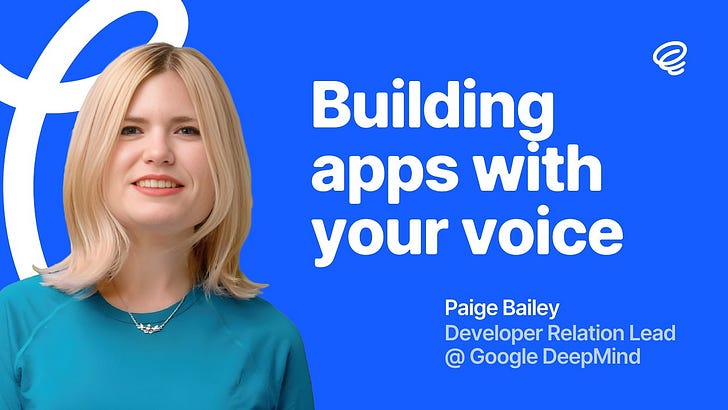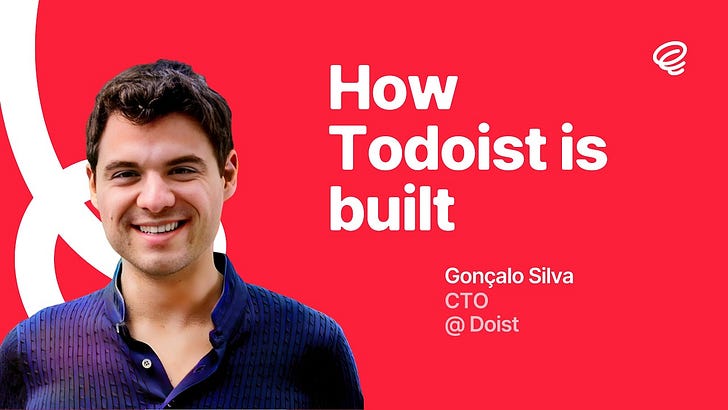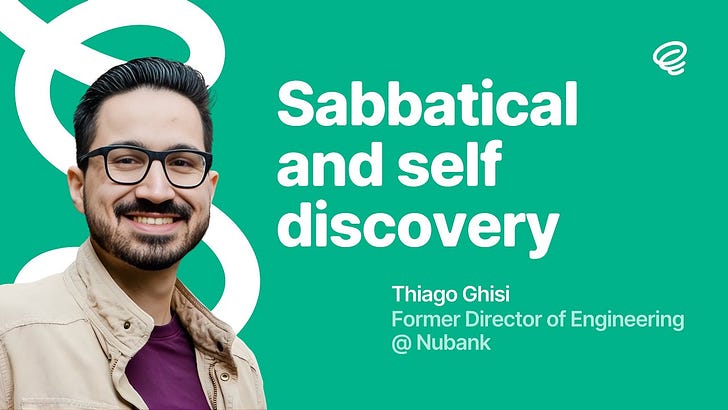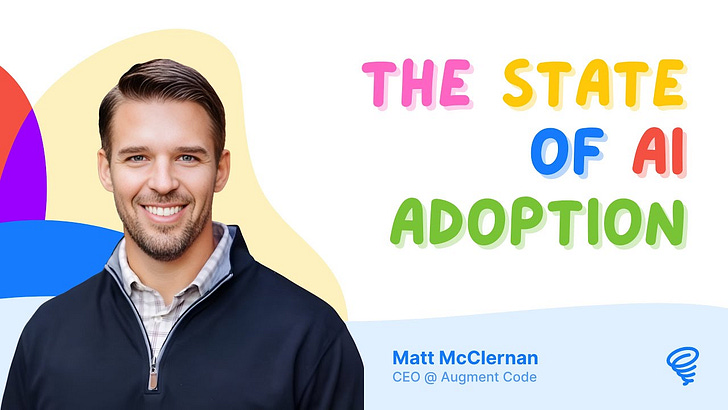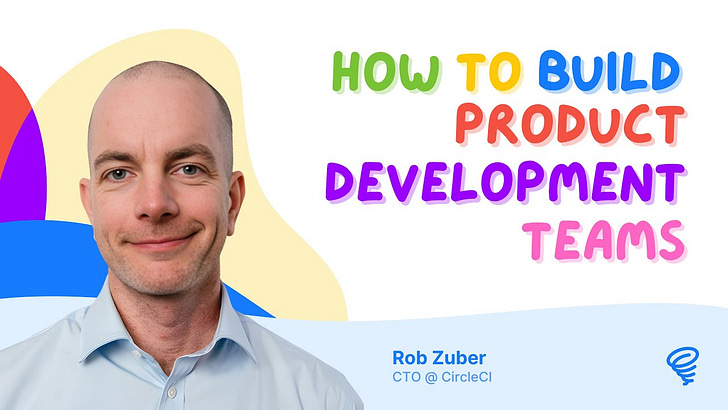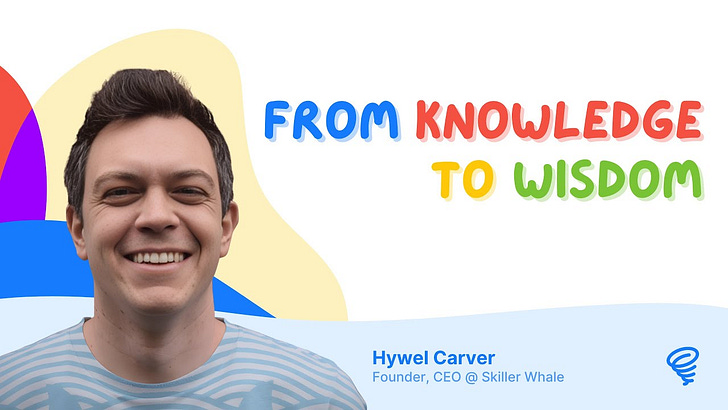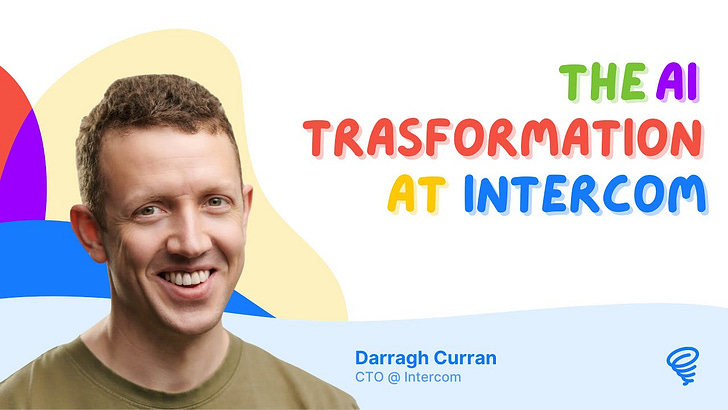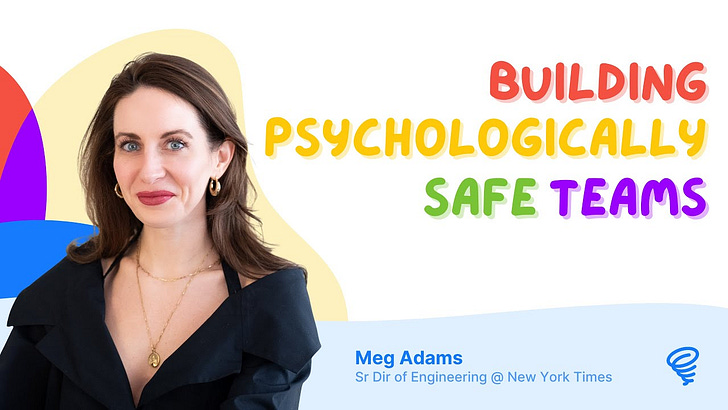Today's guest is Dan Shipper!
Dan is the CEO and founder of Every, which is one of the world's most popular publications, writing about AI and our relationship with technology.
And… Dan is one of my heroes! His newsletter was the first I ever paid for on Substack back in 2020, and single-handedly inspired me to start Refactoring. But he doesn't know. I will tell him during the interview and you will see what he says!
So, with Dan, we'll talk about the boundaries blurring between product development and content creation, the role of generalists, entrepreneurs, and how his team builds software with AI. And spoiler alert, AI writes 90% of their code.
🎙️ Episode
You can watch the full episode on Youtube:
Or listen to it on Spotify, Apple, Overcast, or your podcast app of choice.
🥇 Interview Summary
If you are a 🔒 paid subscriber 🔒 you will find my own summary of the interview below.
It’s the 10-minute, handcrafted takeaways of what we talked about, with timestamps to the relevant video moments, for those who don’t have time to sit through the 1-hour chat.
Here is the agenda for today:
🏗️ From Newsletter to Media Empire (03:31)
🔄 The Creator CEO Journey (13:07)
🔮 Building for the Long Game (24:30)
🤖 Living with AI Tools (26:37)
🧠 The Future of Work & Intelligence (40:23)
⠀Let's dive in 👇
1) 🏗️ From Newsletter to Media Empire (03:31)
Dan Shipper's journey to building Every began with a simple productivity newsletter called "Super Organizers" — focused on how smart people organize their work lives.
What's fascinating is that his original goal wasn't to build a media company but rather to conduct customer interviews for a potential tools-for-thought product:
"I started Super Organizers because I really wanted to build a tools-for-thought software company — like Notion or Roam. I needed a way to get smart people on the phone with me, so I decided to start a newsletter and interview them for it."
From these humble beginnings, Every evolved through several phases.
First, it became a bundle of newsletters during the early creator economy boom, creating a space where multiple writers could come together under one subscription. Then, Dan and his team began developing small software tools to complement their writing – a natural extension of their interest in products.
The watershed moment came when Nathan Baschez (Dan's co-founder) built Lex, an AI document writer that went viral and was later spun out as a separate company. This success, combined with Brandon Gell joining to run their studio, accelerated their experiments in blending content and software.
Today, Every has transformed into what Dan calls a "multi-modal media company" publishing essays, podcasts, videos, and software – all bundled into one subscription. What makes Every unique is how it embraces the blurring line between writing and building in the age of AI.
2) 🔄 The Creator CEO Journey (13:07)
Dan's evolution as a CEO has followed what he describes as a "horseshoe" pattern. Initially, he was primarily a writer, then tried to become a "real CEO" who doesn't write, before finally returning to writing as a core part of his identity and role.
"I made a decision to be like, 'I'm a writer, I want to write.' That's a core part of making this business work. So now I spend a lot of time writing... And that has actually been very good for the business."
This journey has shaped how Dan structures his workday:
🌅 Morning focus — He aims to spend mornings with his phone off, fully dedicated to writing.
🧩 Afternoon management — Afternoons are for meetings, strategy, and team collaboration.
📝 Weekly rhythm — For the past year, he's published every Friday, creating a productive deadline.
Dan believes many creators burn out because they follow traditional business advice that pulls them away from their core creative work. Instead, he suggests a different model:
"To be a creator, you start creating, and if you have product-market fit with the stuff you're making, you just keep going and hire people to do everything else."
This approach directly challenges the Silicon Valley startup playbook where founders typically step away from doing the core work as the company grows.
For Dan, admitting that he wanted to spend half his day writing was initially embarrassing but ultimately made him a better CEO by forcing him to build systems and empower his team.
3) 🔮 Building for the Long Game (24:30)
Sustainable success in creative work is fundamentally tied to playing the long game. This means creating systems and routines that you can maintain for years, not just months:




